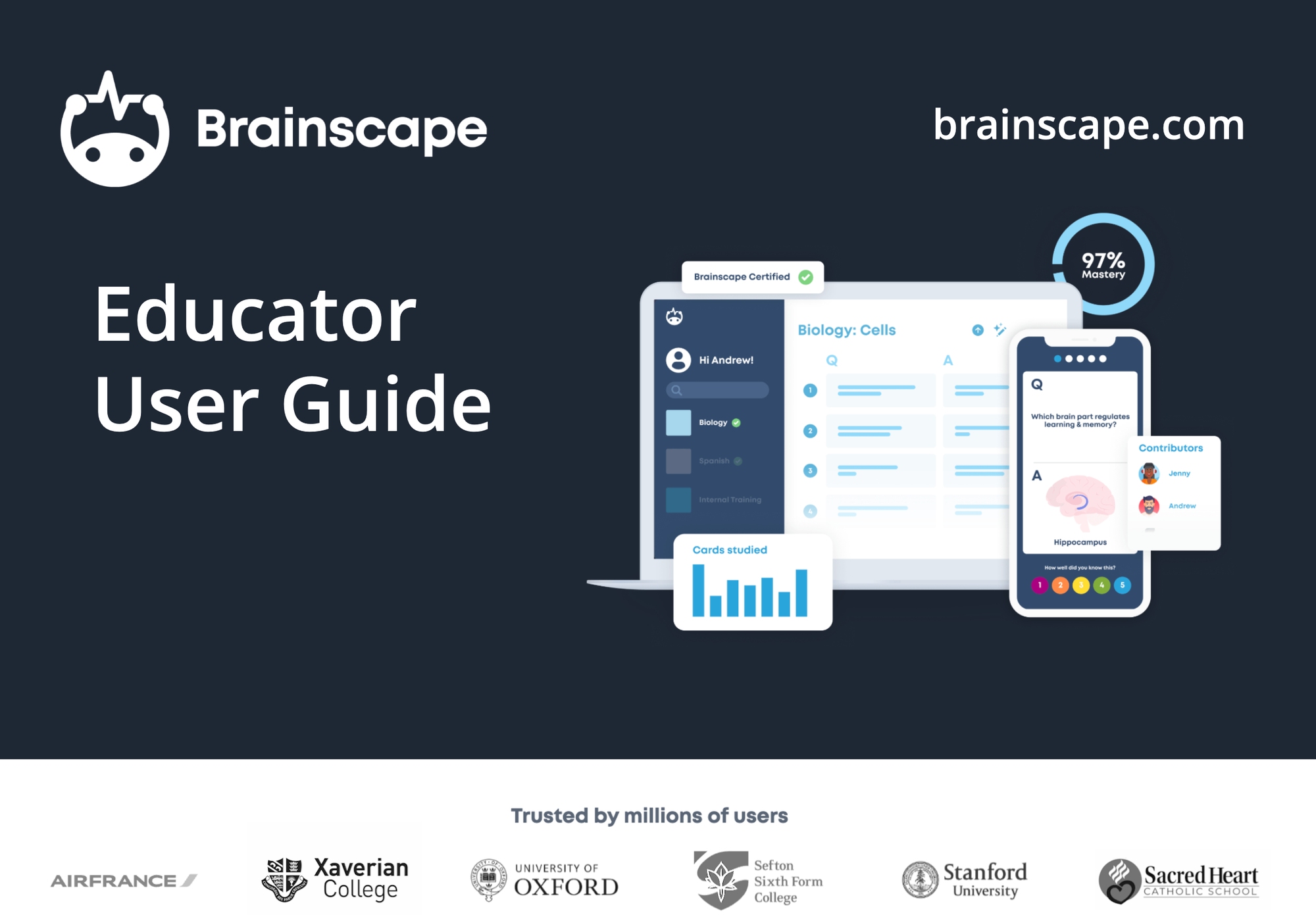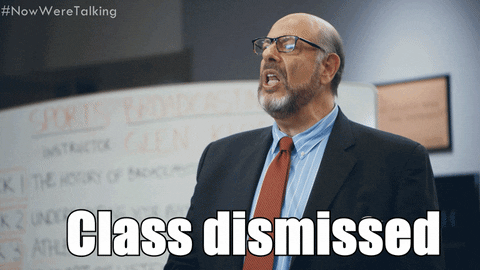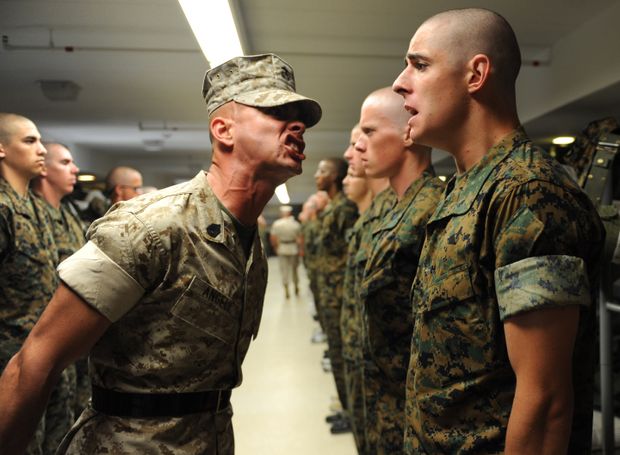In recent years, education thought leaders have championed collaborative, project-based learning over traditional drill-and-practice methods. The argument? Schools should focus less on memorization and more on skills to better prepare students for the modern workforce.
We agree—up to a point. Because here’s the thing: drill and practice works in 2026. And dismissing it entirely overlooks its crucial role in building a strong foundation for deeper learning. Let’s explore why.
The Drill and Practice Method of Teaching is Still Useful in Education!

The shift toward competency-based learning in 2026 is one of the most important advancements in education today. But taken too far, it risks overlooking a fundamental truth: knowledge still matters.
Repetitive study—aka "drill and practice"—and knowledge-based assessments remain essential in many cases. After all, the ability to Google something isn’t a substitute for having foundational knowledge at your fingertips.
Do we really want a generation of:
- Physicists who struggle with basic multiplication?
- Citizens who can’t point to France on a map?
- Doctors who need WebMD to make a simple diagnosis?
- Peace Corps volunteers in Peru who can’t conjugate Spanish verbs without an app?
The list goes on.
Memorization isn’t the enemy—it’s a prerequisite for deeper thinking. Research shows that students who retain more facts are actually better at critical analysis. The key is to blend drill and practice into a well-rounded learning experience—because fluency in the fundamentals frees up cognitive space for real problem-solving.
Indeed, research shows that those students who can remember more about a topic are also able to think more critically about it. This requires gracefully integrating drill and practice instructional strategy into a holistic learning experience.
Check out our video: 'Why rote memorization still matters & how to do it right'...
Constructivism Versus Behaviorism
Some educators argue that real-life simulations, on-the-job training, constructivist activities, and project-based learning are significantly more effective at “teaching” such new concepts than rote memorization and other drill and practice instructional strategies. They are only half-right.
No single, cost-effective constructivist activity can guarantee that students will encounter every concept they need to learn—or that they’ll actually remember what they do encounter. While hands-on, discovery-based learning is a powerful way to introduce new ideas, long-term retention still requires systematic review.
This is especially true in higher education, where mastering targeted knowledge can mean the difference between passing a certification exam or failing it. Instead of framing this as a debate between “memorization” and “critical thinking,” we should be asking: how can we combine both strategies effectively?
Simple: use classroom time for collaborative, skill-building activities while encouraging students to reinforce knowledge independently using the most effective study tools available. Well-designed, repetitive learning—such as flashcards—does not strip concepts of their real-world context. Instead, it anchors them, providing the fluency necessary for higher-order thinking.
Fortunately, technology now makes it easier than ever to offload drill-and-practice to students’ own time. With adaptive study platforms like Brainscape, educators can provide structured review materials that students can study anytime, anywhere. These scientifically optimized algorithms ensure that learners absorb more in less time, leaving the classroom free for deeper discussions, hands-on learning, and the creative problem-solving that education does best.
Check out Brainscape's Educator User Guide
Our Educator User Guide provides a detailed walkthrough of how to get set up in Brainscape. It'll also give you all the material you need to motivate for its adoption amongst your students, their parents, and/or the faculty of your school or college:

FAQ: Do "Drill and Practice" Instructional Strategies Work in Education in 2026?
Why are drills and exercises necessary in the teaching-learning process?
Drills and exercises help students internalize foundational knowledge and skills through repetition. This fluency reduces cognitive load, making it easier to tackle more complex tasks like analysis, synthesis, and problem-solving.
What is drill and practice instructional strategies?
Drill and practice refers to structured, repetitive activities that reinforce memory and mastery, such as flashcards or problem sets. These strategies are especially useful for solidifying facts, procedures, and core skills that students need to recall quickly and accurately.
What are the 5 types of instructional strategies?
Instructional strategies often fall into five categories: direct instruction, inquiry-based learning, cooperative learning, differentiated instruction, and technology integration. Most effective classrooms use a blend of these depending on the learning objectives and students’ needs.
What is the most widely used instructional strategy to facilitate learning?
Direct instruction remains one of the most common strategies, especially when introducing new material. It provides structure, clarity, and efficiency, particularly when paired with tools like guided practice or formative assessment to reinforce learning.
A Final Word on Drill and Practice Instructional Strategy

We are now entering the golden age of the Flipped Classroom model. As long as curriculum designers don’t insist that kids waste time memorizing the wrong things (e.g., trivial historical dates), educators can design lesson plans that appropriately segment the constructivist and behaviorist components of the learning process.
Yes, memorization via drill and practice is still helpful in 2026. And any little bit of memorization (like Brainscape flashcards) might just end up being good for students’ brains in the first place!
Additional Reading
- The Importance of Memorization in Learning
- Do Mnemonics & Other Memorization Techniques Really Work?
- Why Google is NOT “replacing our memory”
References
Boston University. (2024). Project-Based Learning. Boston University | Center for Teaching & Learning. https://www.bu.edu/ctl/ctl_resource/project-based-learning-teaching-guide/#:~:text=in%20your%20classes.-,Introduction,problems%2C%20commonly%20in%20small%20teams.
Harlow, I. M. (2019). Beyond the foundations: A quantitative investigation of Cerego’s impact on knowledge transfer and understanding. In Cerego. https://www.cerego.com/hubfs/Blog%20Media%20and%20Resources/PDF/Beyond%20the%20Foundations.pdf
Klemm, W., Ph. D. (2013, May 23). Memorization is Not a Dirty Word. Psychology Today. https://www.psychologytoday.com/us/blog/memory-medic/201305/memorization-is-not-dirty-word-2
Reza, R. (2021, March 15). Memorization still matters. AMLE. https://www.amle.org/memorization-still-matters/#:~:text=Memorising%20facts%20can%20build%20the,in%20more%20complex%20mental%20arithmetic.
The Derek Bok Center for Teaching and Learning. (2024). Flipped classrooms. Harvard University. https://bokcenter.harvard.edu/flipped-classrooms
Western Governors University. (2022, October 24). What is constructivism? https://www.wgu.edu/blog/what-constructivism2005.html
Wexler, N. (2019, April 29). Why memorizing stuff can be good for you. Forbes. https://www.forbes.com/sites/nataliewexler/2019/04/29/why-memorizing-stuff-can-be-good-for-you/#15a08a153c4f
